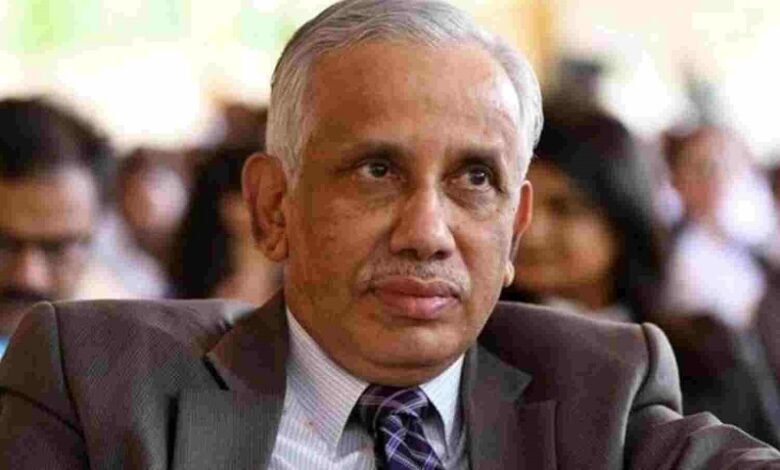Everything About The Former SC Judge Who Was Appointed Andhra Governor In Ayodhya To Triple Talaq Verdict

President Droupadi Murmu named former Supreme Court justice S Abdul Nazeer to the position of governor of Andhra Pradesh on February 12. He succeeds Biswa Bhusan Harichandan, the Chhattisgarh
Governor who was transferred. Abdul Nazeer participated in landmark rulings such as the 2019 Ayodhya verdict, the ruling upholding the legitimacy of demonetization, the triple talaq ruling, and the ruling establishing the right to privacy as a basic right before stepping down as a judge of the supreme court on January 4.
On February 17, 2017, he was appointed as a judge of the Supreme Court.
The five-judge Constitution bench, which included Abdul Nazeer, approved the construction of a Ram temple at the contentious Ayodhya site in November 2019. (Uttar Pradesh). It had also instructed the Center to give the Sunni Waqf Board a five-acre tract of land for a mosque at a different site. On the Constitution Bench, Nazeer was the sole Muslim judge who heard the case.
Nazeer was a member of another five-judge Supreme Court bench that invalidated triple talaq earlier in August 2017. Three judges on the bench declared triple talaq to be unconstitutional, but two others—former Chief Justice JS Khehar and (Retd) Justice Abdul Nazeer—wanted a six-month moratorium on the to practise until legislation was put into place.
Prior to his retirement, Abdul Nazeer served on one of the five-judge Constitution benches that upheld the national government’s decision to demonetize the Rs. 500 and Rs. 1000 notes on January 2. By a margin of 4:1, the bench had approved the Union government’s decision.
He was a part of the nine-judge Supreme Court panel that unanimously ruled in 2017 that Article 21 of the Constitution’s right to privacy is a fundamental right.
News Mania Desk






